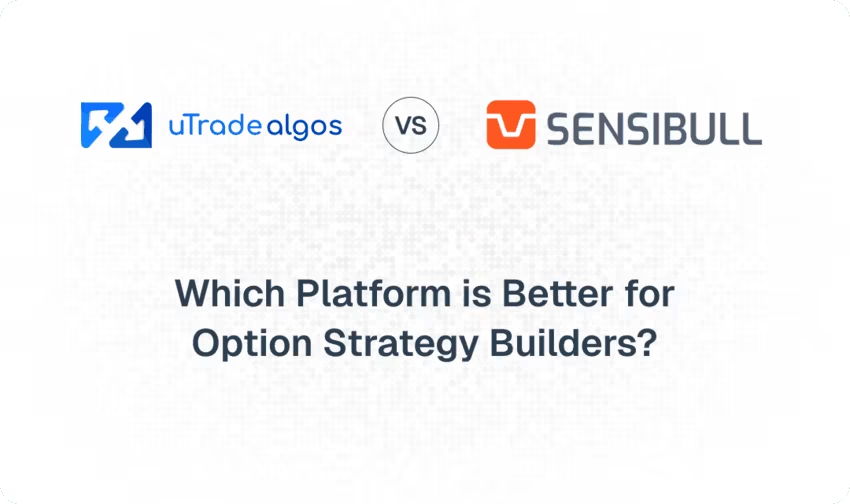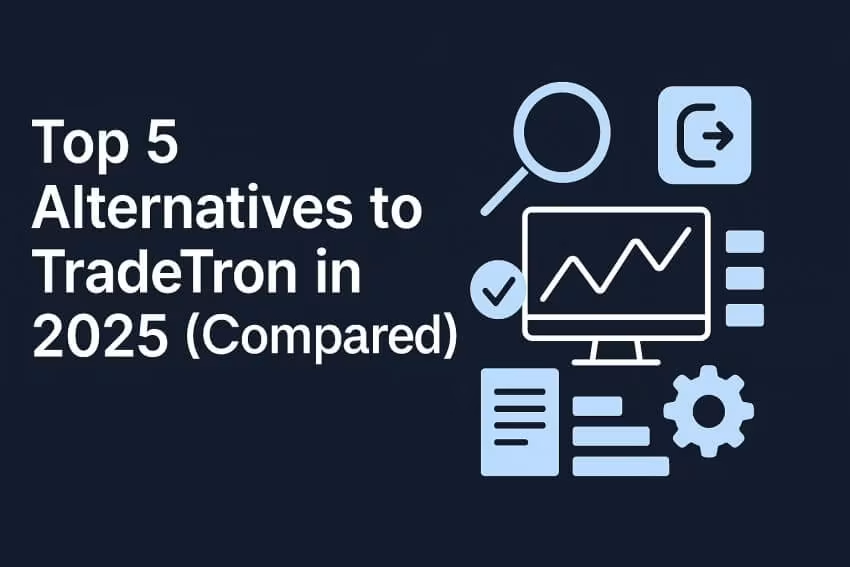You would have heard about different ways to invest in the stock market, be it through mutual funds or bonds. It doesn’t end here, though. Today, we will find out about cash and futures markets and compare them as well.
Defining a Cash Market
A cash market is a marketplace where financial instruments are traded, and there is the actual delivery of stocks. For example, say you have a Demat account and buy shares of any XYZ bank. The buying of shares is done through cash and is credited to your Demat account. Thus, the actual delivery took place.
Defining a Futures Market
The futures market is where future contracts are bought and sold at a predefined price with a mutually agreed date in the future. Let me simplify this for you. Suppose a wheat farmer wants to sell 100 kg of wheat produced. Say, the current rate of a kilo of wheat is ₹20 in the market, and he’s sure that this price will go up but doesn’t know the exact price in future. Also, he is not sure about the market prices after a month, so he enters into a contract with a buyer that he will sell the wheat at ₹30. However, it is only after many months that prices cross the ₹50 mark. This means that it is a loss for the seller and a profit for the buyer of at least ₹20. On a much larger scale – when credible meditators, like BSE/ NSE, are included for many buyers and sellers - it is known as the futures market.
Analysing a Cash Market and a Futures Market
1. Amount to be paid
In a cash market when shares are bought, the full amount needs to be paid in cash. On the other hand, in a futures market, only margin money is needed to get into a future contract.
2. Buying and Selling of the Shares
In a cash market, one must first buy and then sell them according to one’s discretion. One cannot short the shares (unless it is on the same day or intraday, as it is also called). In other words, in such a market, a trader will not be able to capitalise on the prediction that, in the future, there will be a drop in the price of a certain share. For example, say an investor feels that the price of a certain stock X, which is currently valued at ₹100, will fall in the next three months. So, he borrows 20 such stocks and sells them in the market at ₹100. This method is called ‘getting short’. Here he got short by 20 stocks. In a cash market, this is not possible.
In a futures market, though, an investor can both long (buy first) and short (sell first) the shares.
3. Becoming a Shareholder
In a cash market, the shares are actually bought, Thus, there is an actual transaction in monetary terms. Hence, in this market, once a trader buys a share, he becomes a shareholder of the stock. He remains so till he sells it in exchange for monetary units.
A futures market, on the other hand, is just a contract between buyers and sellers to buy or sell a specified quantity of shares at a future date at a given price. Here, actual monetary transactions do not occur. Hence, in this market, one does not become a shareholder.
4. Stock Settlement
In a cash market, the delivery takes place within T+2 (‘T+2’ meaning trade date plus two days) days. This means that if one places an order on Tuesday, it will be settled on Thursday. In India, SEBI introduced the T+2 system in April 2003. Before this, the T+3 system was usually followed. From last year, i.e., from 2022, there are efforts by the NSE and the BSE to introduce T+1 on certain select stocks and then add more to this.
When we talk about a futures market, though, as such, no delivery takes place because futures contracts cease to exist at expiration day. It is settled on the last Thursday of every month. Thus, in this market, the final settlement of the futures contracts that happens is quite similar to the daily settlement process except for the method that is used to compute the final settlement price.
5. Customising the Number of Shares
The good thing, in a cash market, is that you can customise the shares. You get to decide how many shares you want to purchase or sell (if you have already bought some) depending on your financial position.
One does not have the option to customise the number of shares in a futures market, though. For example, as in the case of NIFTY, there’s a lot size of 75 shares.
6. Maximum Stock-holding Time
In a cash market, there’s no cap on the holding limit of stock and you can hold it for as long as you wish to.
Holding shares in a futures market comes with a cap though. The cap on the holding period is a maximum of three months at which time settlement needs to happen. During settlement, traders generally pay only the difference between the price that was agreed upon in the contract and the market price.
7. Dividends
One who trades in the cash market becomes eligible for receiving dividends. The dividend amount, however, varies from company to company.
There are no dividend payouts in a futures market. However, dividends indirectly affect futures. For example, if a company has declared a dividend payable of ₹10 and the quoting in the cash market is ₹500, then the futures price for the month will be adjusted downward by the dividend amount of futures price for the month will be adjusted downward by that amount of ₹10. This does not mean that the futures stock is cheaper or underpriced, though. Also, buyers should not take it as a signal to buy because once the dividend ex-date is over, the parity returns. The only implication that it carries is that futures often trade at a discounted rate when there is a dividend implication in the stock before the expiry.
8. Profit and Loss
In a cash market, capital appreciation occurs on the return one gets off his/her investments. For example, if you have invested ₹1.5 lakhs in buying 100 shares of XYZ bank, then if the price moves up by ₹15 per share, you can earn one per cent on the invested capital.
In a futures market, profit and loss adjustments are made on a day-to-day basis using the MTM (Mark to Market) method meaning profits are credited, and losses are debited on the same day itself according to market conditions and position.
9. Reward and Risk
Operating in a cash market is less risky as compared to a futures market. However, the gains are more in the latter as compared to the former. Hence a cash market is a low-risk, low-reward game, while a futures market is a high-risk, high-reward game.
10. Investment Modes
The ways of investing in the cash market are through mutual funds, buying bonds, T-bills, commercial paper etc. while a futures market comes under the derivatives segment along with forwards, options and swaps.
To Summarise,
These were the main differences one should consider while investing in either one of them. The final choice that one makes, however, boils down to one’s financial goals and risk-taking appetite. The one thing that matters the most is to stay invested.
Cash markets involve the actual delivery of stocks, while futures markets involve contracts for buying and selling stocks at a future date.
In a cash market, the full amount for the shares must be paid in cash, while in a futures market, only margin money is needed.In a cash market, an investor cannot short sell shares, but in a futures market, both long and short positions can be taken.
In a cash market, the shares are bought and the buyer becomes a shareholder, while in a futures market, no actual monetary transaction takes place and one does not become a shareholder.














